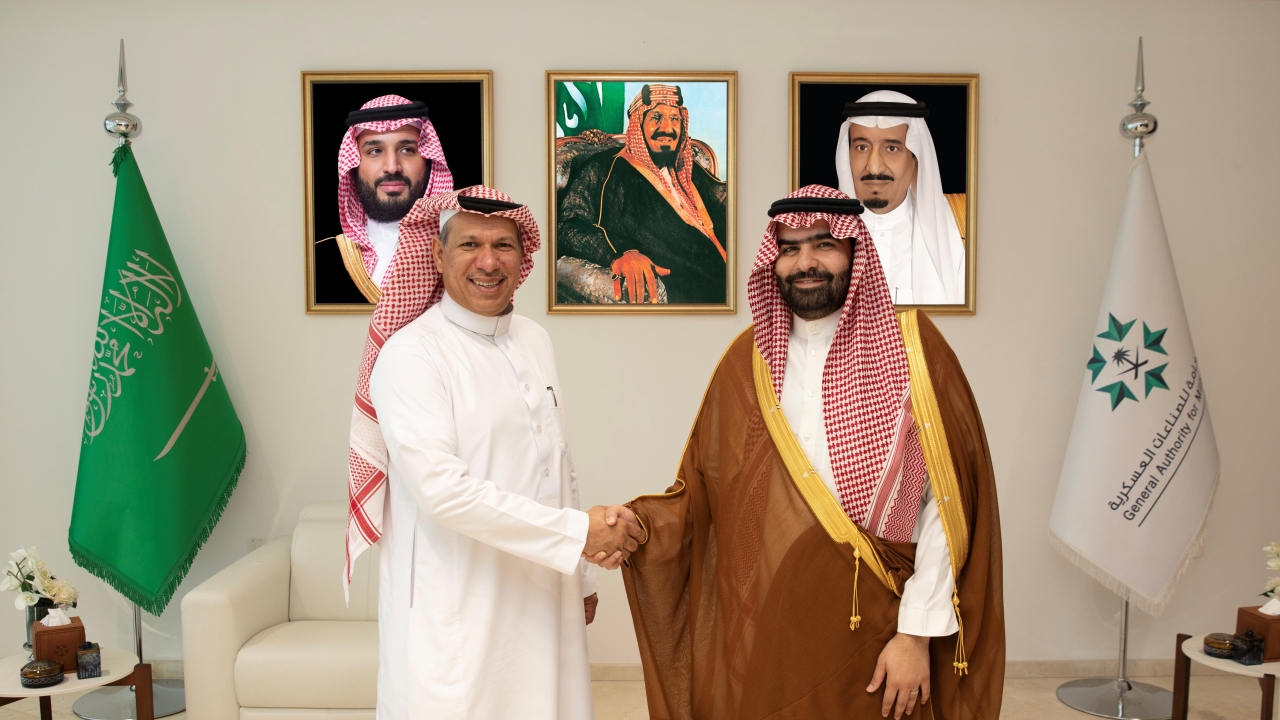Thales to work with Qatar to develop optionally piloted aircraft

The OPV-A airframe, to be selected by the Qatar Armed Forces, will be integrated with a mission systems capability to enable the optionally piloted capability.
The Optionally Piloted Vehicle - Aircraft (OPV-A) to be developed is a hybrid between a conventional aircraft and an Unmanned Aircraft System (UAS). They are able to fly with or without a pilot on board the aircraft. Unimpeded by a human's physiological limitations, an OPV is able to operate under more adverse conditions and/or for greater
endurance times.
Retaining on-board controls, the OPV can operate as a conventional aircraft during missions for which direct human control is preferred or desired as an immediate option.
CEO of Thales UK, Victor Chavez, said: “This is an exciting prospect that Thales is looking forward to developing with the Qatar Armed Forces. Our experience in mission systems and unmanned air vehicles will provide Qatar with a world leading solution. ”
Stay up to date
Subscribe to the free Times Aerospace newsletter and receive the latest content every week. We'll never share your email address.

